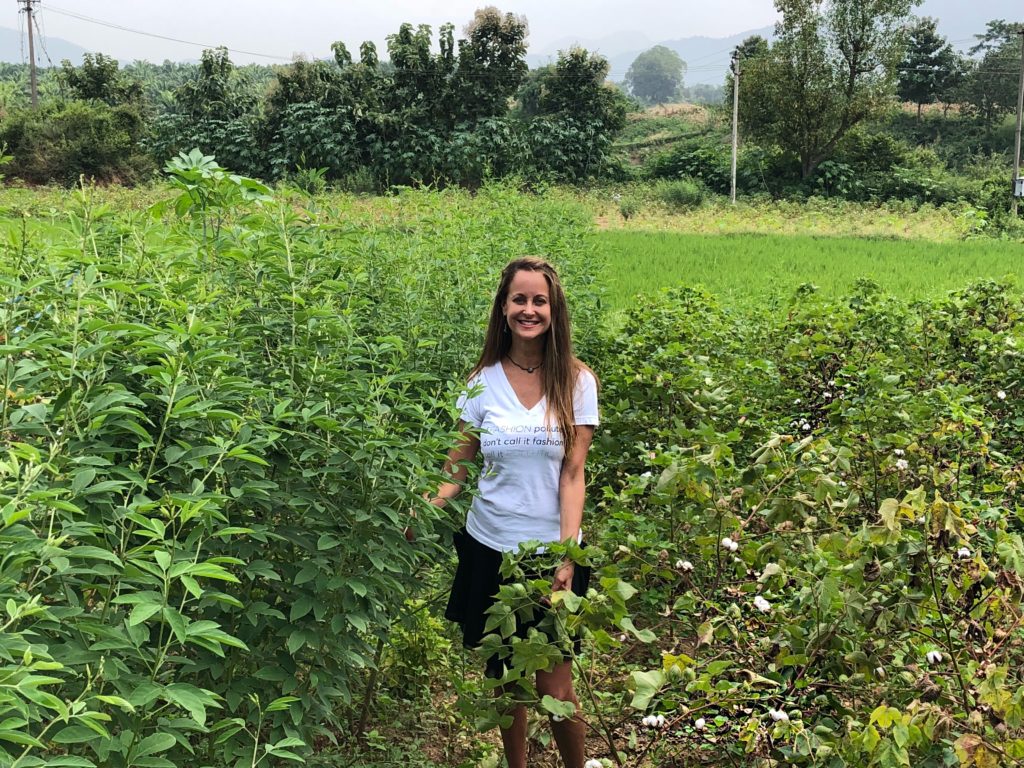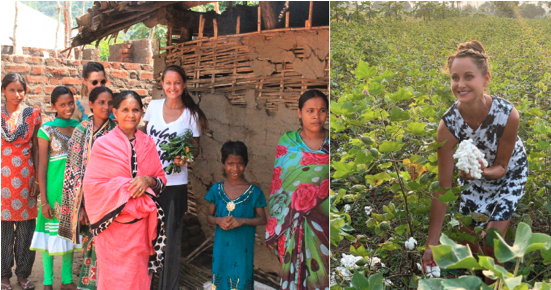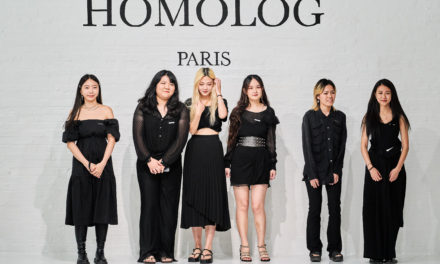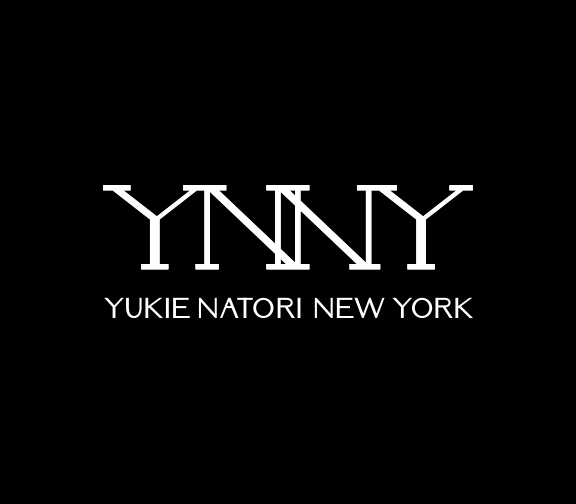Marci Zaroff toted as the Godmother of Sustainability, coined the term “ECOfashion” in 1995, and is an internationally recognized ECOlifestyle expert, educator, innovator, author, and serial entrepreneur.

Marci Zaroff has spent several decades driving positive change through business. Now, her time is spent on ECOfashion Corp, her greenhouse of brands, including YesAnd, contemporary GOTS-certified sustainable apparel; Farm to Home, GOTS-certified bed and bath available on QVC; Seed to Style, GOTS-certified, size-inclusive apparel, available on QVC; MetaWear, a B2B turnkey sustainable fashion manufacturing solution and the engine behind all her brands. Last month, we caught up with Marci to learn more about her background and thoughts on sustainable fashion.
What got you into sustainability in the first place?
When I was 16, I read the book Living in the Light, which set me on my life path. I became a vegetarian, dove headfirst into the health and consciousness movements, and embraced an ECOlifestyle. I was in the trenches of the early-stage organic food and clean beauty industries when I discovered that fiber/textiles were a “missing link” in the wellness equation. In 1995, I coined and trademarked the term “eco-fashion” to style the world of change while changing the world of style—bridging the fashionista and the treehugger to demonstrate that modern design and high quality are not mutually exclusive with social and environmental responsibility.
How has eco-fashion changed over the last 27 years?
In the early years, most people were naysayers, as there were several stigmas attached to ecofashion—crunchy, frumpy, boxy, beige, boring, and overpriced. Over the years, through inspiration, education, and collaboration, I have been driving fashion forward—connecting the dots of an eco-lifestyle with a mantra of “yes and.” YES, to style AND sustainability. Ecofashion is not about sacrifice or deprivation—it’s about value AND values—no compromise. Today, climate action, circularity, fair trade, and preferred fibers are no longer a choice or about staying ahead; with growing consumer demand for transparency, they are imperative about not being left behind. From regenerative materials to ethical manufacturing, connecting sources to a story through innovation and the newest frontier of blockchain, reuse/resale, and smart technology, ecofashion is now at its tipping point.
What is one thing do you think mainstream non-sustainable brands could do better?
Mainstream brands today can look at their fibers and materials and transition from conventional cotton and virgin synthetics to organic/regenerative and recycled counterparts. Our vital soil, land, and ocean ecosystems have been severely depleted and degraded, so it’s not just about doing less bad; it’s time to do more good. For support from agriculture to popular culture as a solution provider, my company METAwear meets brands and retailers where they are to make sustainability easy through our turnkey plug-and-play manufacturing platform.
What can our readers look for to distinguish between greenwashing and real action on sustainability when shopping?
The Internet has changed the game since consumers can now pull the curtain back and ask questions like “What’s in my food?” and “Who made my clothes?” Learning about the ethos of the brands and companies you are supporting while reading labels and looking for third-party accredited certifications—such as GOTS (Global Organic Textile Standard), Fair Trade, Cradle to Cradle, and GRS (Global Recycled Standard)—to verify supply chains, can separate those using claims as marketing propositions vs. those following the complex yet necessary steps to ensure transparency from farm to the finished fashion.

More recently, Marci followed a month-long trip on the ground in India on behalf of her new RESET COTTON Farm Project. This project is the “first vertically integrated, regenerative program to marry a sustainable financial model for farmers and ones that address climate change.” RESET COTTON Farm Project comprises primarily female farmers, and the mission is to make regenerative organic farming the standard for textile agriculture in India and beyond.
The RESET COTTON Farm Project will:
- Provide training to transition conventional farmers into organic farming systems over a 3 year period
- Increase carbon sequestration in the soil
- Remove toxic chemicals and pesticides
- Restore soil health and water retention
- Improve farmer livelihood
- Empower female farmers through community development programs on the ground
- Digitize the supply chain through an end to end traceability platform/scannable QR code on the finished product
- Ensure cotton security with brand-designated farmers
To find out more about the project, watch the introduction video here.
Edited by Lexi Wiens











